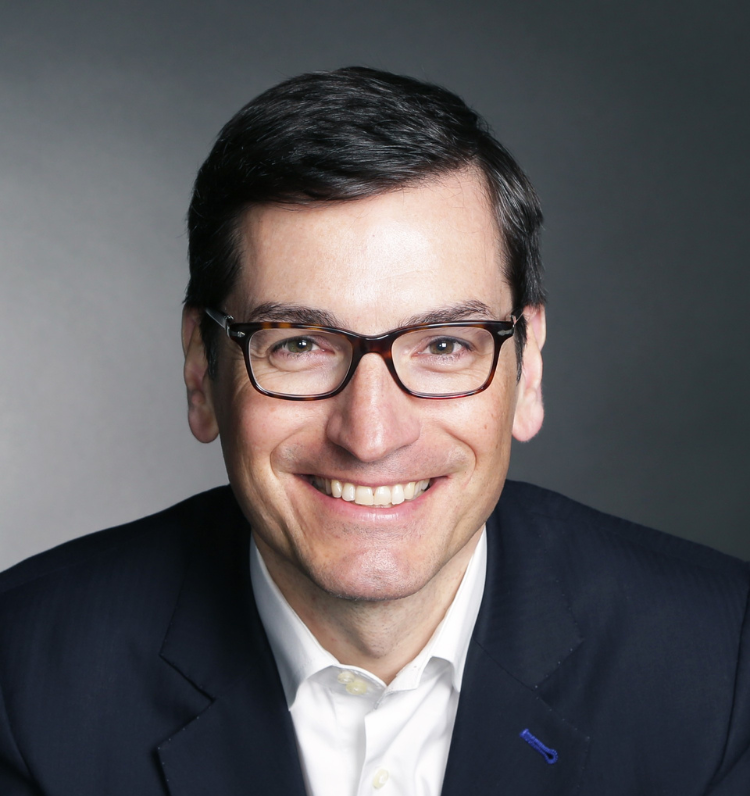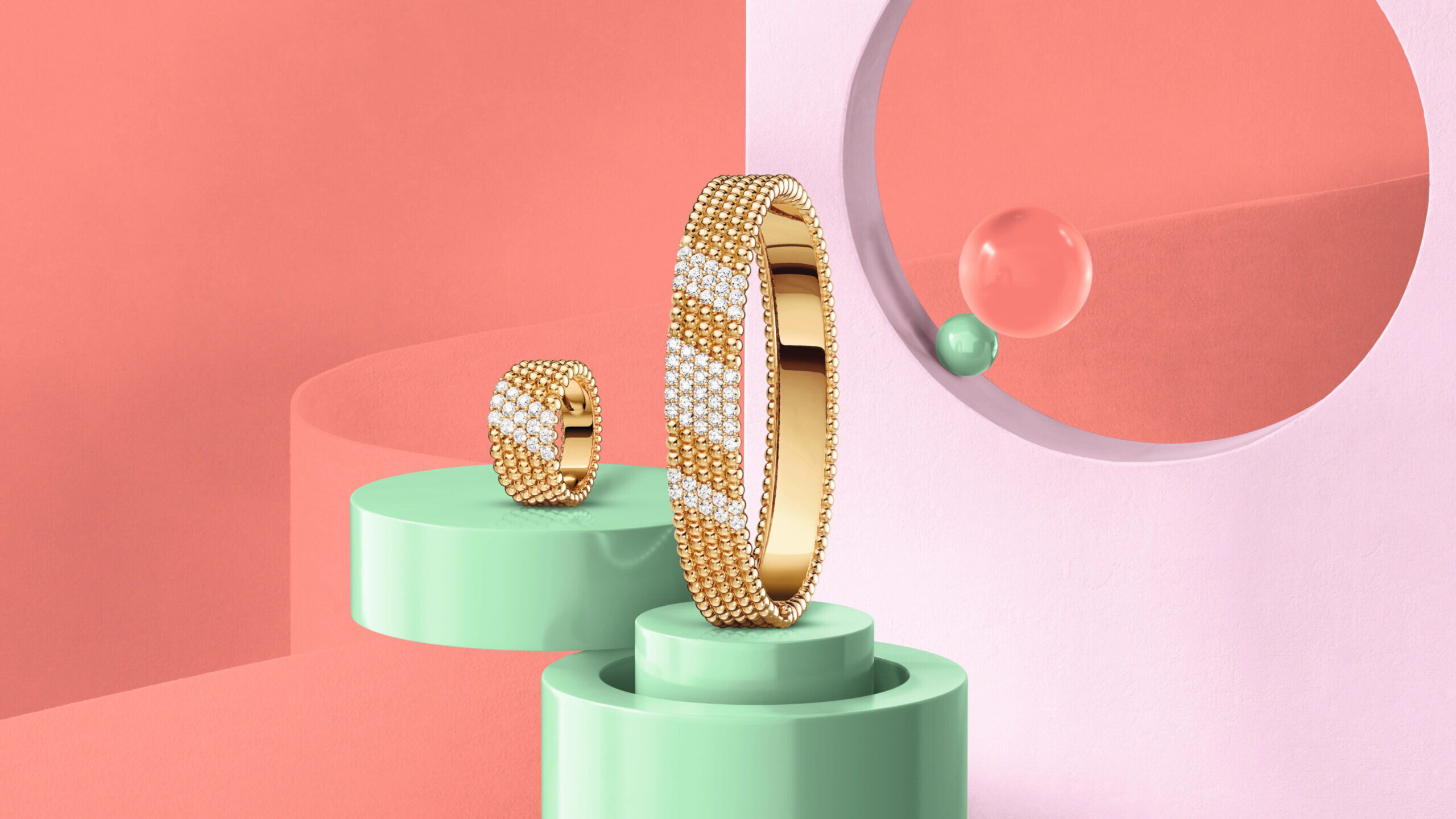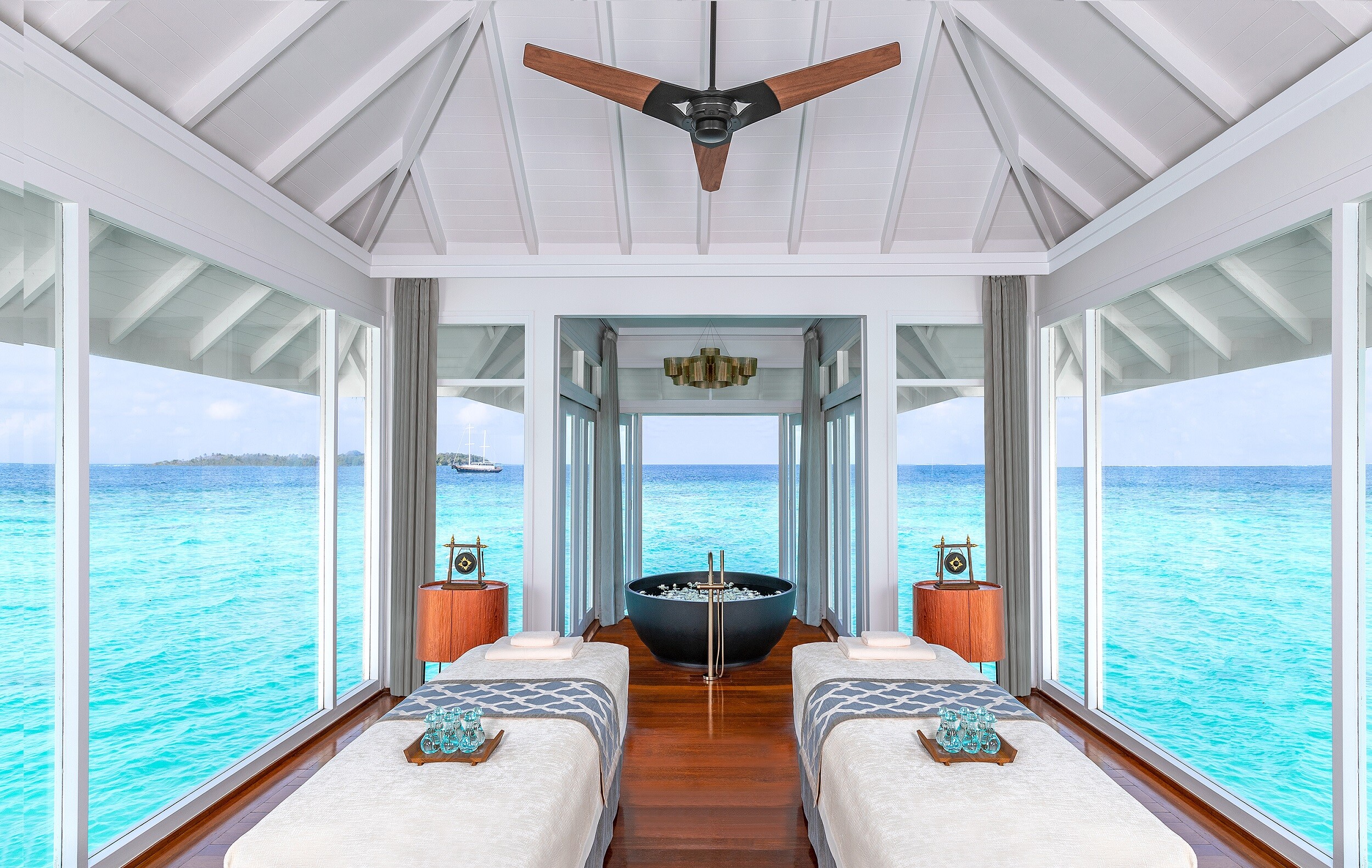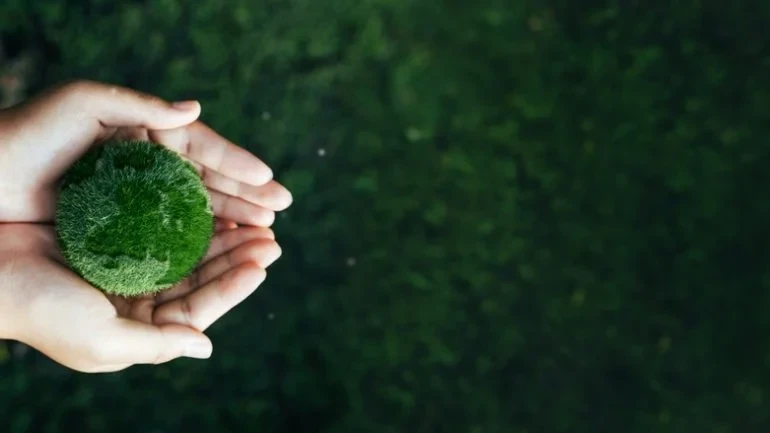With over 15 years of experience at industry giants like Nestlé and P&G, François-Marie has been at the forefront of major international transformation projects, pioneering innovation and supply strategies. His recent venture into the world of luxury watchmaking saw him establish the RESERVOIR Watch brand from the ground up, successfully positioning it as a trailblazer in the high-end watch industry and showcasing not only his strategic prowess but also his Savoir-Être, which was pivotal in creating a standout presence in the luxury watch sector. Join us as we explore his journey from mass-market expertise to the luxury domain, uncovering his insights on building a brand, navigating challenges, and shaping the future of luxury marketing.
Hello, could you introduce yourself briefly and outline your professional background?
Hello, I am François-Marie Neycensas, a Chief Marketing Officer with expertise in Digital Marketing & Communications for Luxury and Premium Consumer Goods brands on a global scale. My career highlights include leading international transformation projects in innovation and supply at Nestlé and P&G for 15+ years, establishing a new global luxury watchmaking brand from scratch, designing digital footprints to boost brand awareness, increasing traffic, and enhancing e-commerce conversions with P&L ownership, as well as developing investor relationships and fundraising. My core skills include utilizing an intrapreneurial mindset to entrepreneurially build new entities from scratch, deliver turnarounds, or scale up operations to establish a globally recognized market presence. I am passionate about leading and developing cross-functional international teams.
Can you tell us about your experience in creating and launching the RESERVOIR Watch brand? What were the biggest challenges and most significant successes?
Establishing the RESERVOIR watch brand involved crafting a distinctive brand equity (brand book & activation playbook) during a 2–3-year test and learn phase in digital and traditional media strategies, with the help of external advisors and agencies. The biggest challenges were two-fold: internally, focusing on the core of our identity and avoiding dispersion; and externally, dealing with the naturally limited physical distribution and budget resources to test different brand activations. The most significant successes were achieving remarkable brand presence in global media (100% of the top 50 watchmaking media covered us) and consequently increasing digital traffic, along with successful activations in B2B events (Switzerland, Middle-East), B2C events in US, trade marketing in Japan and E-commerce recently in China.
How did you manage to position RESERVOIR Watch as one of the most innovative luxury watchmaking brands in such a short time?
RESERVOIR watch was created based on the idea to purely reflect mechanical measuring instruments on a watch, using watchmaking complications to deliver a radical new way to read time. Our watches (the product) were perceived as unique during our first public appearance at Baselworld in 2017, being something not seen in 150 years of watchmaking history! The second aspect, which I led, was the brand storytelling (the emotions), which established a strong “perceived” value through differentiated brand content (luxury messages, collaborations, films etc.) and a two-step communication strategy to build brand credibility (PR, world fairs where liaising with key journalists and influencers is key) and awareness (paid ads) to recruit our first clients. Consequently, the marketing and commercial development rapidly built a prestigious brand reputation and a significant market presence in 80+ POS across 20 countries in less than 5 years (even through COVID!).
You have extensive experience in digital marketing. What do you think are the most effective strategies a luxury brand should adopt in today's digital environment?
For luxury brands today, the most effective strategies include: designing a unique brand equity (and disciplining yourself to stick to it), creating emotional brand content (by driving interest through unique emotions), adopting luxury standards (as a newcomer, you need to stick to the basic rules of the game), selecting the right digital platforms for your targeted clients (being everywhere is useless), developing a website with 50% brand image and 50% e-commerce functionality, thinking globally from the start (sustainable growth comes from multiple markets for a luxury venture), and attracting digital talents for each specific need (not relying on an agency that claims to do everything, as the digital space is in constant evolution, like the use of AI). Of course, this list is not exhaustive.
You have worked for major companies like Nestlé and now for a younger luxury brand. What are the main differences in the marketing approaches between these two types of companies?
Marketing for a major company like Nestlé involves extensive stakeholder engagement (where everyone wants to minimize risk down to 10%) and controlling processes (for instance, significant budget investments require detailed financial KPIs), so marketing initiatives will usually take longer to be activated. In contrast, younger brands focus on more risk-taking initiatives, up to 90%, and are more agile in adopting new ways of working, so marketing initiatives can be implemented in a shorter timeframe. On the other hand, major companies dedicate more resources (both talented people and budget) to marketing initiatives than young ventures.
As a consultant and investor in luxury startups, what trends or innovations do you see emerging in this sector?
Emerging trends in the luxury sector include a focus on a wide array of digital services: AI for personalized customer experiences and relationships, NFT/Blockchain for traceability and client services, and NFT for product insurance, among others.
But, and this is great, there are still many exciting projects in the fashion, jewelry, and watch categories, some of which are seen at Station F at the HEC Paris incubator, where I provide expertise as a branding expert. I am personally an investor in the fantastic luxury sustainable jewelry Maison JEM and the luxury e-bike brand COWBOY.
You have experience in fundraising. What advice would you give to luxury entrepreneurs seeking to attract investors?
When attracting investors, it’s crucial to clearly communicate the brand’s unique value proposition and demonstrate a robust business model while highlighting the potential for scalable growth. Many advisors and books will tell you that. However, half of the trust comes from the team behind the project: who they are, their motivations, and their credibility, among other factors.
As a professional who has worked for both large companies and innovative startups, what advice would you give to young people who want to enter the world of marketing and luxury today?
Young professionals who want to start their careers in the luxury and marketing space should initially focus on 1-2 areas of expertise: brand communication, digital traffic, social media, events, PR, etc., and select a specific product category. The combination of these elements will help build credibility. I see too many profiles with a desire to do everything everywhere, which can limit their differentiation. Starting in a major company will teach you the key processes and discipline; while working in an innovative startup will help you learn how to become an entrepreneur. After 2-3 years, you can evolve in your chosen direction, and remember, it is “fine” to fail—you will have many opportunities ahead of you!
In your career, you have navigated different sectors and company sizes. How has this diversity of experiences shaped your vision of leadership, and what lessons do you draw from it that you would like to share with ambitious young professionals?
My diverse experiences have taught me the importance of developing the team, providing them with the tools and keys to navigate in their roles, but also the value of cross-functional collaboration both inside and outside the organization. I like to emphasize the purpose of the mission and overall benefits for the organization as well.
As a board member of the Luxury Club at HEC Paris Alumni, I am keen to get inspired by managers in the field, and I recognize the increased need to show empathy and gain enrichment from diversity.
And more personally, if you were...
Dish: Paris-Brest: As an occasional pastry chef, this is my favorite dessert to make.
Work of art: A painting by Rogier van der Weyden, reflecting attention to detail and a breathtaking reality
Metropolis: Paris, a blend of heritage and creativity.
Bedside book: « L'Été des quatre rois » Camille Pascal





